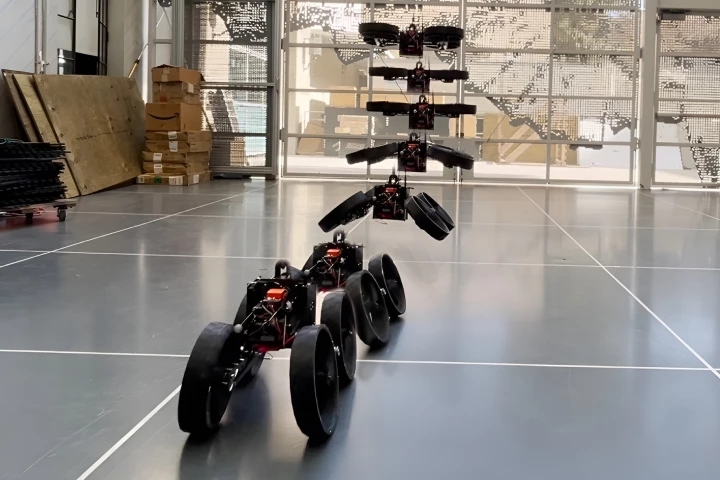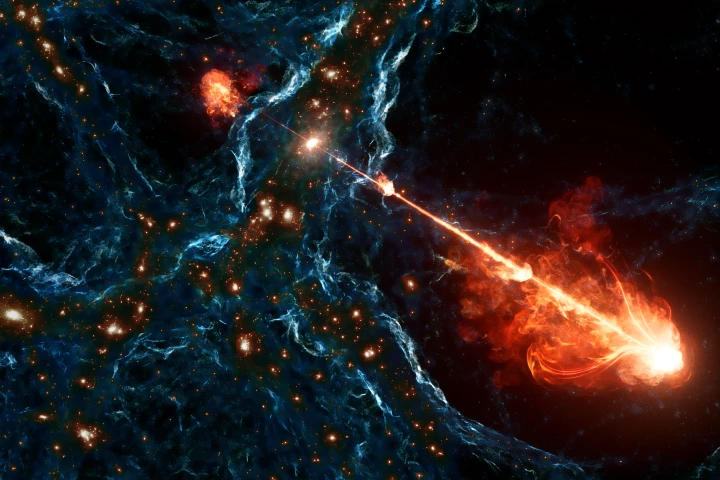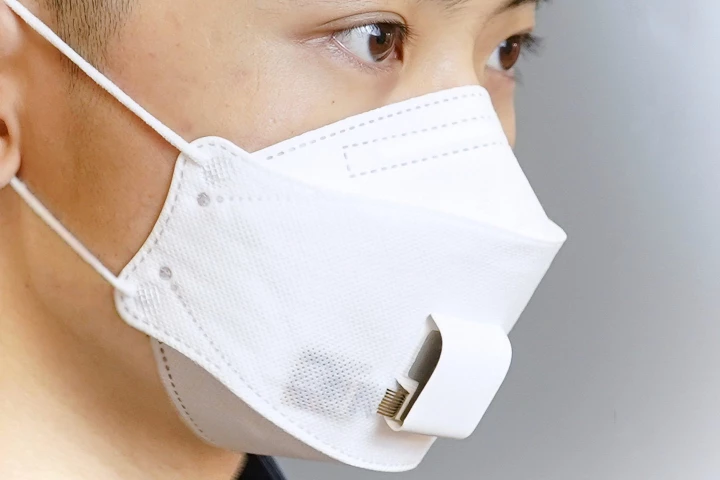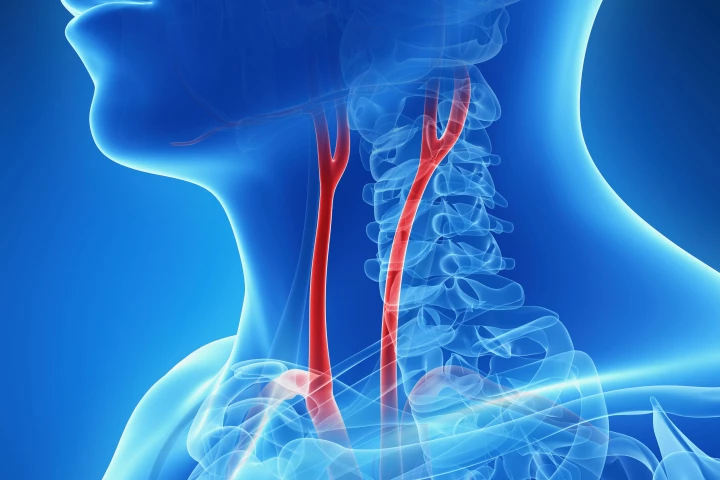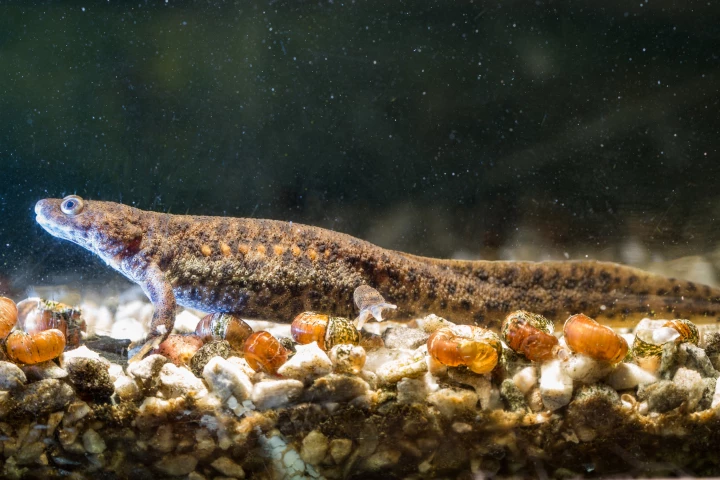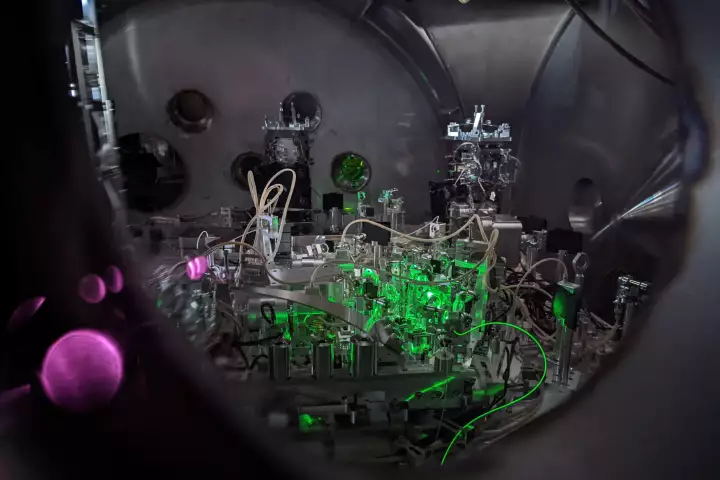Caltech
-
Imagine a robot that can transform between "flying drone" and "wheeled rover" configurations. It could be quite useful, but only if it works in real-world conditions. The ATMO bot was designed to do just that, by transforming in mid-air.
-
A new study from Caltech calculates that our brains process information at the extremely slow speed of just 10 bits per second. This leisurely pace may have long evolutionary roots, despite our sensory systems gathering data 100 million times faster.
-
Everybody from NASA to David Bowie has wondered if there’s life on Mars – and now we might have a precise place to look for it. A new Caltech study has shown that photosynthetic microbes could thrive in a small habitable zone beneath the ice.
-
A laser-led device that shoots light into the brain to test blood flow and volume can offer instant feedback on a patient's stroke risk and and provide a portable, affordable and non-invasive way for clinicians to make life-saving interventions.
-
Astronomers have spotted an absolutely colossal cosmic chimney that stretches as far as 140 Milky Ways lined up side by side. These jumbo jets are being blasted from a supermassive black hole.
-
Many people still often wear masks, either to keep from spreading viruses that they've got, or to manage a respiratory problem. An experimental new mask takes things a step further, by analyzing its wearer's breath to check their state of health.
-
Currently, when doctors wish to continuously monitor a patient's blood pressure, they insert a catheter into one of the individual's arteries. There could soon be a safer alternative, however, and it was inspired by the tuning of guitar strings.
-
It might sound like something out of the X-men but it came from a lab in California: mutant newts that grew perfect limbs after defective appendages were cut off. The findings help science get one step closer to understanding how regeneration works.
-
If you want to gather climate-change data from the deep ocean, why not hitch a ride with an organism that's going down there anyways? That's the thinking which led to the creation of "biohybrid jellyfish" which pack two speed-boosting technologies.
-
We only have to look up at the Moon to see the remains of a cataclysmic collision between two early planets, billions of years ago. Evidence may also be beneath our feet, as scientists suggest the remains of that ancient planet lurk near Earth’s core.
-
Gravitational wave facilities measure spacetime distortions down to 10 quadrillionths of a hair – small enough for interference from particles popping in and out of existence. Now LIGO has pushed beyond this quantum limit by “squeezing” laser light.
-
Scientists from Caltech and WHOI have found evidence that Earth’s core is leaking. High levels of a particular isotope of helium were found in lava flows in Canada, which the team proposes originated in the planet’s core.
Load More
